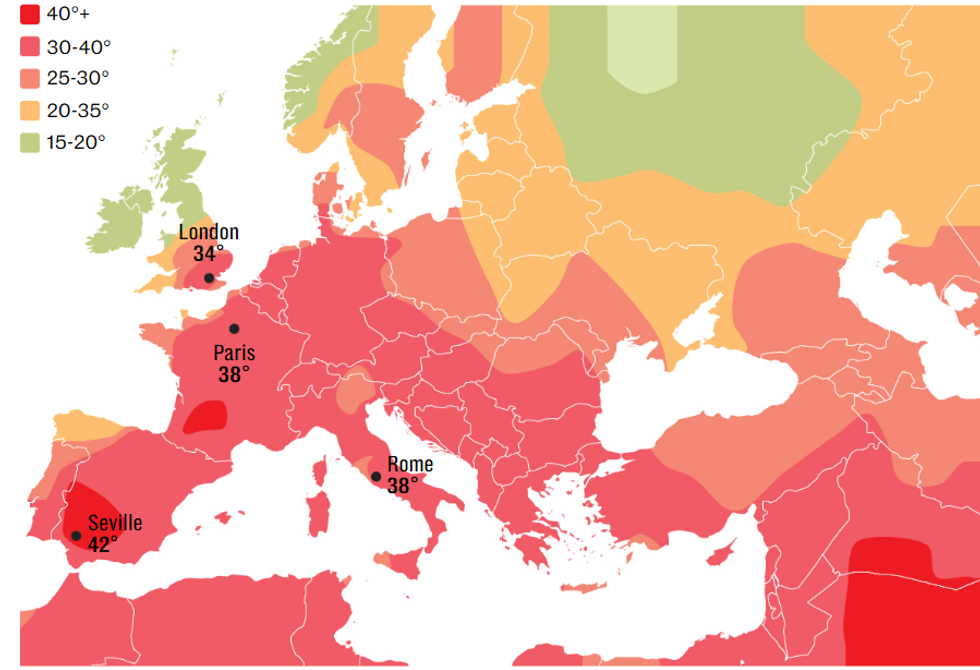Academic freedom is on the decline globally, according to a recent index released in Paris, France. The Academic Freedom Index -- based on input from more than 2,300 experts in 179 countries, was published last month as part of a report on democracy by the V-Dem Institute at Sweden's University of Gothenburg.
Only one in three individuals reside in a nation that ensures the autonomy of universities and research, with particular concerns raised for countries like Russia, China, and India.
Various forms of threats to academic freedom, such as restrictions on freedom of expression, interference in universities, and the imprisonment of researchers, are outlined in the index.
It measures changes in higher education and research over the last half-century by looking at five different indicators: freedom of research and teaching; academic exchange; academic and cultural expression; institutional autonomy; and campus integrity.
By examining five key indicators, including freedom of research and teaching, academic exchange, and institutional autonomy, the index tracks changes in higher education and research spanning the last fifty years.
Professor Katrin Kinzelbach from the University of Erlangen-Nuremberg in Germany, involved in organising the index, noted that despite 171 states ratifying human rights treaties committing to safeguarding scientific research freedom, recent trends indicate significant setbacks, particularly in populous nations.
The report revealed that presently, 45.5 per cent of the global population resides in countries where academic freedom faces severe restrictions, with the situation mirroring that of 1973 when accounting for population growth.
Notable declines were observed in countries like India, China, and Russia, characterised by what Kinzelbach termed "clear examples of autocratisation." India, under the leadership of Modi since 2014, has witnessed a marked decline in academic freedom, exemplified by cases such as the denial of entry to British-Indian academic Nitasha Kaul for a conference in India.
Similarly, academic freedom in Russia and China, which was already constrained, has further deteriorated. Surprisingly, the index highlighted a decline in academic freedom in the United States since 2019, attributed to heightened polarisation within both society and the political system.
In contrast, most European countries boasted high levels of academic freedom, with Hungary scoring the lowest, followed by Poland. However, Kinzelbach suggested that Poland's score may improve under the new government led by Prime Minister Donald Tusk.
But the question, that what are the parameters for academic freedom are still ambiguous and will differ on the basis of the socio-economic and political scenario of the country






 June 2025 was England’s warmest June since records began in 1884Met Office
June 2025 was England’s warmest June since records began in 1884Met Office












 Apsana Begum
Apsana Begum